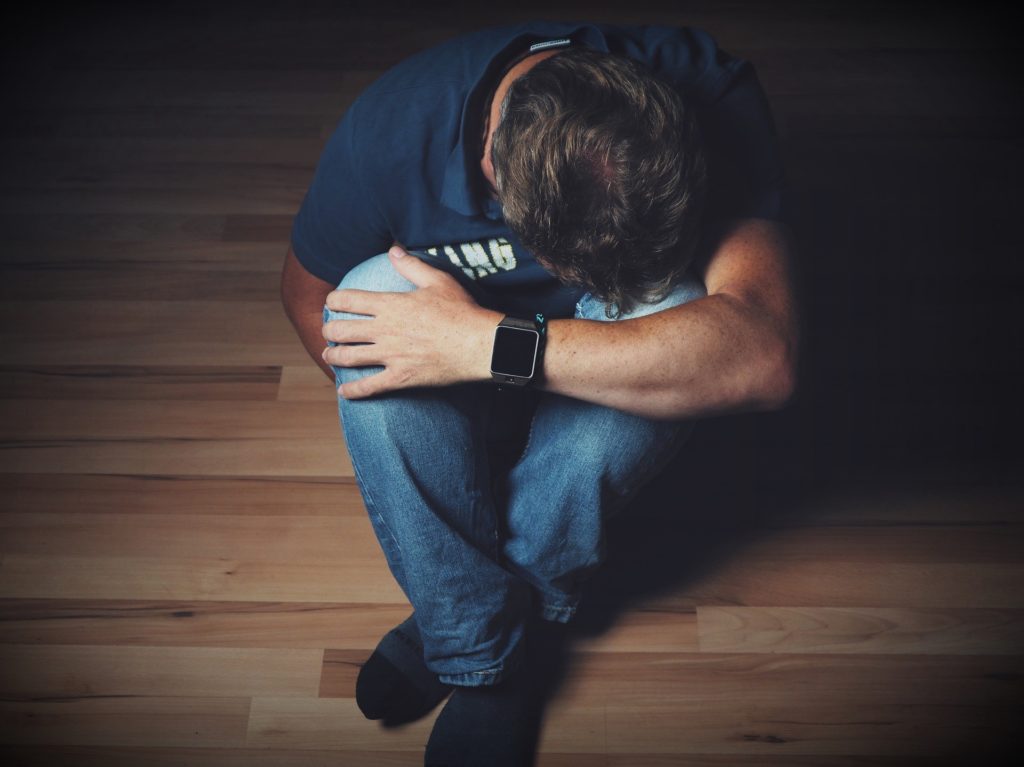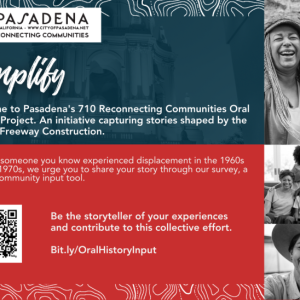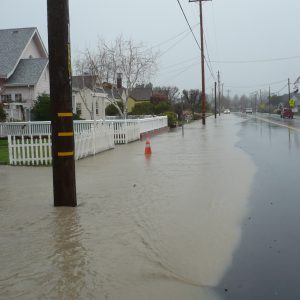 View Winners →
View Winners → Mental Health Advice With Stan: Where to Find Help for Addiction and Depression


There is help out there so you don’t have to battle your mental health issues alone. – Courtesy photo
By Stan Popovich
Many people who are struggling with their mental health do not know where to go for treatment. There are many resources available in your area that you can use to help overcome your addictions, depression, and anxieties.
Here are some suggestions a person can use in seeking treatment for their mental health issues.
1. Seek help from a mental health professional
Talk to a mental health counselor in your area who can help you manage your fears and anxieties. They will be able to provide you with additional advice and insights on how to deal with your current problem. Your local mental health community center can point you in the right direction.
2. Go to the nearest hospital
Your local hospital can give you immediate assistance for your mental health issues. The people who work at a hospital know of other professionals in your area that can provide you with the proper treatment.
3. Contact your doctor or primary care physician
Your medical or family doctor is a great source in getting treatment. Explain to your doctor your problems and he or she can tell you where to go in seeking assistance.
4. Talk to your priest or minister
Your local church may know of programs in your area that you could help in overcoming your depression and addictions. A priest or minister can also provide advice for your situation.
5. Call your insurance company
Your insurance company can provide a list of mental health providers who are in your health plan. This will help reduce the cost of seeking treatment.
6. Find a support group
There are all kinds of local support groups that can help you with your issues. Go to a support group in your area and meet people who are also struggling with addiction and depression. A person can go on the internet to find a support group in their area.
7. Contact your local government
Your state and county governments offer many kinds of assistance programs for various mental health issues. Your local government phone numbers should be in the phone book and on the internet. Look also for depression or mental health hotline numbers.
8. Network with your friends
Some of your friends may also struggle with fear and depression. Ask your peers if they have any suggestions on where you can go for treatment. In addition, make sure that your friends can keep things confidential.
Stan Popovich is a Penn State graduate and the nationally known anxiety author of “A Layman’s Guide to Managing Fear”— an easy-to-read overcoming anxiety book that’s helped thousands of people to confidently manage their persistent fears and anxieties. Stan has over 20 years of personal experience in dealing with fear and anxiety. For more free mental health advice visit Stan’s website at managingfear.com and read Stan’s articles and his blog. The above is not intended to be a substitute for professional medical advice, diagnosis, or treatment. Mr. Popovich is not a medical professional. Always seek the advice of your physician or other qualified health providers with any questions you may have regarding a medical condition. Never disregard professional medical advice or delay in seeking it because of something you have read here.










































































































